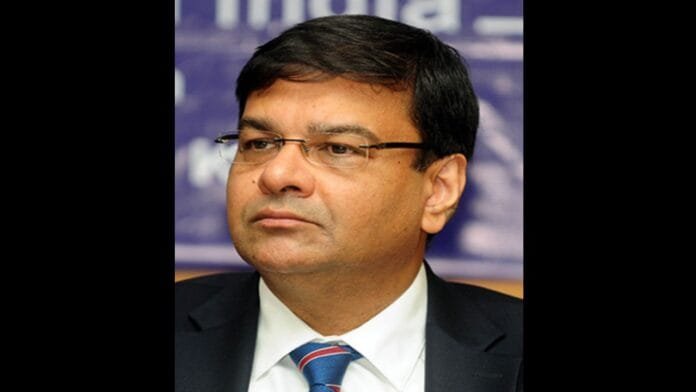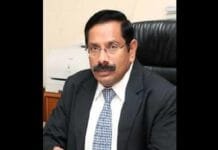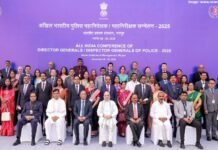In a major development, the Appointments Committee of the Cabinet (ACC) has approved the appointment of Dr. Urjit Patel, economist and former Governor of the Reserve Bank of India (RBI), as Executive Director at the International Monetary Fund (IMF) for a period of three years. According to the government order issued on Thursday (August 28, 2025), his appointment will be effective from the date he assumes charge, or until further orders, whichever is earlier.
The position had been vacant since April 30, 2025, following the removal of Krishnamurthy Subramanian, whose term at the IMF ended six months before schedule. Subramanian, who took charge in November 2022, was relieved nearly four months ago, creating a key vacancy at the multilateral institution.
As Executive Director, Dr. Patel will serve on the IMF’s 24-member executive board, which plays a crucial role in reviewing national, regional, and global economic developments, approving financing packages for member countries to tackle balance of payments challenges, and overseeing the Fund’s capacity development activities.
Currently, Dr. Patel serves as Chairman of the National Institute of Public Finance and Policy (NIPFP), New Delhi, a position he assumed in June 2020. Widely respected for his expertise in macroeconomic management and fiscal policy, he has also held influential roles in India’s financial sector.
Dr. Patel was appointed as the 24th Governor of the RBI on September 4, 2016, succeeding Dr. Raghuram Rajan. His tenure saw significant monetary policy decisions, including the implementation of the inflation-targeting framework under the Monetary Policy Committee. However, he resigned from the post citing personal reasons on December 10, 2018, becoming the first RBI governor since 1990 to step down before completing his term.
Notably, this is not Dr. Patel’s first association with the IMF. Between 1996 and 1997, he worked on deputation from the IMF to the Reserve Bank of India, where he advised on developing India’s debt market, reforming the banking sector, updating pension funds, and evolving the foreign exchange market. From 1998 to 2001, he also served as a consultant for the Ministry of Finance’s Department of Economic Affairs, further deepening his role in shaping India’s financial architecture.
Over his distinguished career, Dr. Patel has contributed in both public policy and the private sector, making his return to the IMF a strategically important appointment for India’s representation at the global financial institution. His expertise is expected to strengthen India’s voice in discussions on international financial stability, monetary reforms, and developmental financing.




















